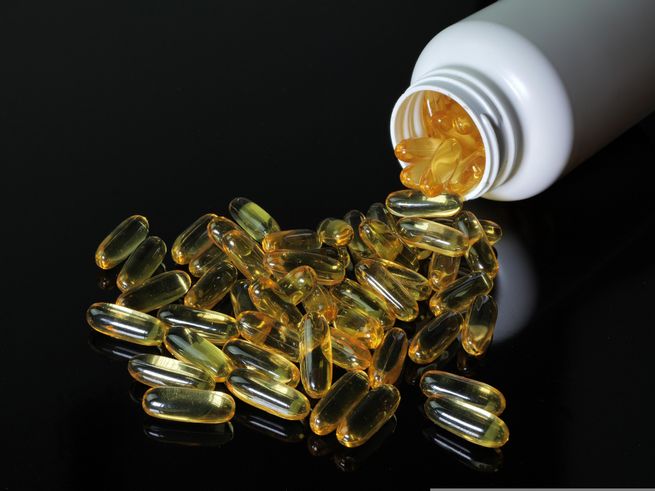The use of anabolic steroids has become increasingly common among athletes seeking to boost their performance and physical appearance. While the physical benefits are often highlighted, the psychological effects are equally significant and warrant thorough examination. Understanding how these substances influence mental health and emotional resilience is crucial for athletes, coaches, and sports organizations.
The Psychological Impact of Anabolic Steroids
Anabolic steroids can lead to a range of psychological issues that may compromise an athlete’s mental well-being. Some of the most notable effects include:
- Aggression and Irritability: Known colloquially as «roid rage,» this phenomenon can lead to extreme irritability and aggressive behavior, which can disrupt relationships both within and outside of sports.
- Mood Swings: Users may experience severe fluctuations in mood, oscillating between feelings of euphoria and deep depression, contributing to emotional instability.
- Paranoia: Some athletes report increased levels of paranoia, which can hinder their ability to function effectively in competitive environments.
- Delusions of Grandeur: The use of steroids may bolster an athlete’s self-esteem to unrealistic levels, resulting in inflated perceptions of personal abilities.
- Depression: Upon cessation of steroid use, many athletes experience a significant drop in mood, leading to symptoms of clinical depression.
These psychological consequences can interfere with an athlete’s training, competition, and daily life, creating a cycle of dependency on the substances to maintain performance.
Emotional Resilience and Coping Mechanisms
Emotional resilience refers to the ability to adapt to stressful situations and bounce back from adversity. For athletes, this trait is vital for coping with the pressures of competition. However, the use of steroids can impair emotional resilience in several ways:
1. **Reduced Coping Strategies:** Athletes relying on steroids may neglect healthier coping mechanisms. Instead of developing skills to manage stress or disappointment, they may become dependent on the drugs for temporary relief.
2. **Increased Vulnerability to Anxiety and Stress:** Steroid use can heighten anxiety levels, making it difficult for athletes to manage competitive pressure effectively. This heightened state of anxiety can contribute to underperformance and increase the likelihood of burnout.
3. **Negative Self-Image:** Despite potential physical enhancements from steroids, users may face body image issues, leading to dissatisfaction with their appearance and lower self-esteem.
4. **Social Isolation:** The aggressive and unstable behavior associated with steroid use can alienate friends, family, and teammates, reducing the support network essential for emotional resilience.
The use of steroids among athletes has been a topic of concern due to its profound effects on psychological health and emotional resilience. While these substances may enhance physical performance, they can also lead to significant mental health issues, including mood swings, aggression, and depression. The pressure to perform at high levels can drive athletes to use steroids, but the psychological toll can be detrimental, affecting their overall well-being and mental stability. For more information on the impact of steroids and alternatives, visit https://testosteronepillsuk.com/.

Long-term Consequences
The long-term use of anabolic steroids does not merely affect immediate psychological health but can lead to chronic conditions that persist even after discontinuation. These may include:
– **Chronic Depression:** Long-term steroid users may continue to suffer from depressive episodes long after stopping the drug, complicating their return to normal life.
– **Personality Changes:** Prolonged use can lead to lasting changes in personality, including increased hostility and difficulties in interpersonal relationships.
– **Risk of Substance Abuse:** Athletes who have used steroids may be more susceptible to other forms of substance abuse as they seek alternate methods to manage pain and emotions.
Conclusion
While the allure of enhanced performance can tempt many athletes towards anabolic steroid use, the psychological ramifications are substantial and can overshadow any temporary gains. Understanding the effects on emotional resilience and mental health is critical for athletes at all levels. Coaches, sports psychologists, and medical professionals must emphasize healthy practices, support systems, and effective coping strategies to mitigate the pressure athletes face. Ultimately, promoting a culture of well-being over mere performance can help preserve both the physical and psychological integrity of athletes..
